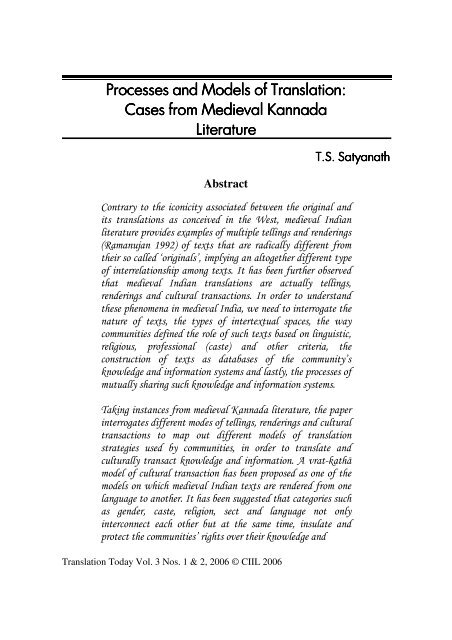

In ESSB, we apply smooth, round disks to the skin these disks are attached to a radiation therapy machine. Some skin cancers that do not require very deep radiation may be treated with a new form of radiation therapy applied directly to the skin, called electronic skin surface brachytherapy (ESSB). Electronic Skin Surface Brachytherapy (ESSB) We usually deliver radiation in small doses over a period of three to four weeks to avoid burning the skin, and to improve the cosmetic outcome. Sometimes we recommend radiation after surgery to destroy tumor cells that may have been missed, or to treat tumors with a higher risk of coming back. Radiation therapy with x-rays or high-energy particles can be useful for treating tumors in areas that are difficult to treat with surgery, or in older people and others at a higher risk for complications with surgery.


Because laser surgery kills tumor cells only on the surface of the skin, its use is limited and close follow-up is essential. With this approach, we vaporize tumor tissue with a highly focused beam of light. With this approach, we target damaged skin without touching surrounding normal tissue. The light causes the chemical to release reactive oxygen molecules, which destroy the precancerous cells.Īnother option for small, low-risk lesions is topical chemotherapy. The procedure involves applying a special chemical to the skin and then exposing the area to a certain wavelength of light. While most skin cancer arises as a brand new spot, some squamous cell carcinoma develops from a precancer called actinic keratosis, or solar keratosis (usually a rough, flat, pink spot on the skin, which may become firm and raised above the normal skin surface if it becomes cancerous).įor people with this precancerous condition, we offer photodynamic therapy. Waiting to treat squamous cell skin cancer also increases the risk of hurting your appearance and leading to difficulties with using that part of the body normally if a lot of surgery or other treatment is needed. It’s important not to delay treatment for too long, since this can make the cancer more difficult to cure. Our skin cancer experts are experienced in helping people make a treatment decision they are comfortable with.


 0 kommentar(er)
0 kommentar(er)
